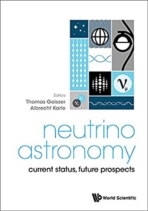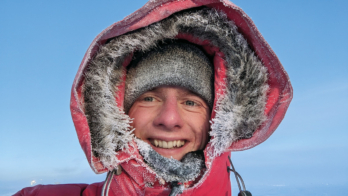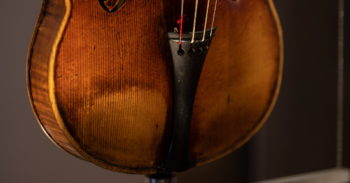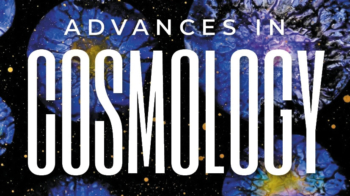By T Gaisser and A Karle (eds)
World Scientific
This review volume is motivated by the 2014 observation of a high-energy neutrino flux of extraterrestrial origin by the IceCube experiment at the South Pole. The energy of the events recorded ranges from 30 to 2000 TeV, with the latter marking the highest-energy neutrino interaction ever observed. The study of neutrinos originating from violent astrophysical sources enhances our knowledge not only of cosmological phenomena but also of neutrinos themselves.
This book gives an overview of the current status of research in the field and of existing and future neutrino observatories. The first group of chapters present the physics of potential sources of high-energy neutrinos, including gamma-ray bursts, active galactic nuclei, star-forming galaxies and sources in the Milky Way. A chapter is then dedicated to the measurements performed by IceCube, the results of which are discussed in terms of energy spectrum, flavour-ratio and arrival-direction isotropy. Following this, the results of two deep-sea neutrino experiments, ANTARES and Baikal, are presented.
After a brief discussion of other research topics in which the study of high-energy astrophysical neutrinos can play an important role, such as the quest for dark matter, the book examines the next generation of cosmic neutrino detectors. In particular, the future KM3NeT experiment, which will consist of a network of underwater telescopes located in the Mediterranean Sea, and IceCube-Gen2, characterised by unprecedented sensitivity and higher angular resolution compared to IceCube, are described.
Finally, a review of present and in-planning experiments aiming at detecting radio emissions from high-energy neutrino interactions concludes the volume.






